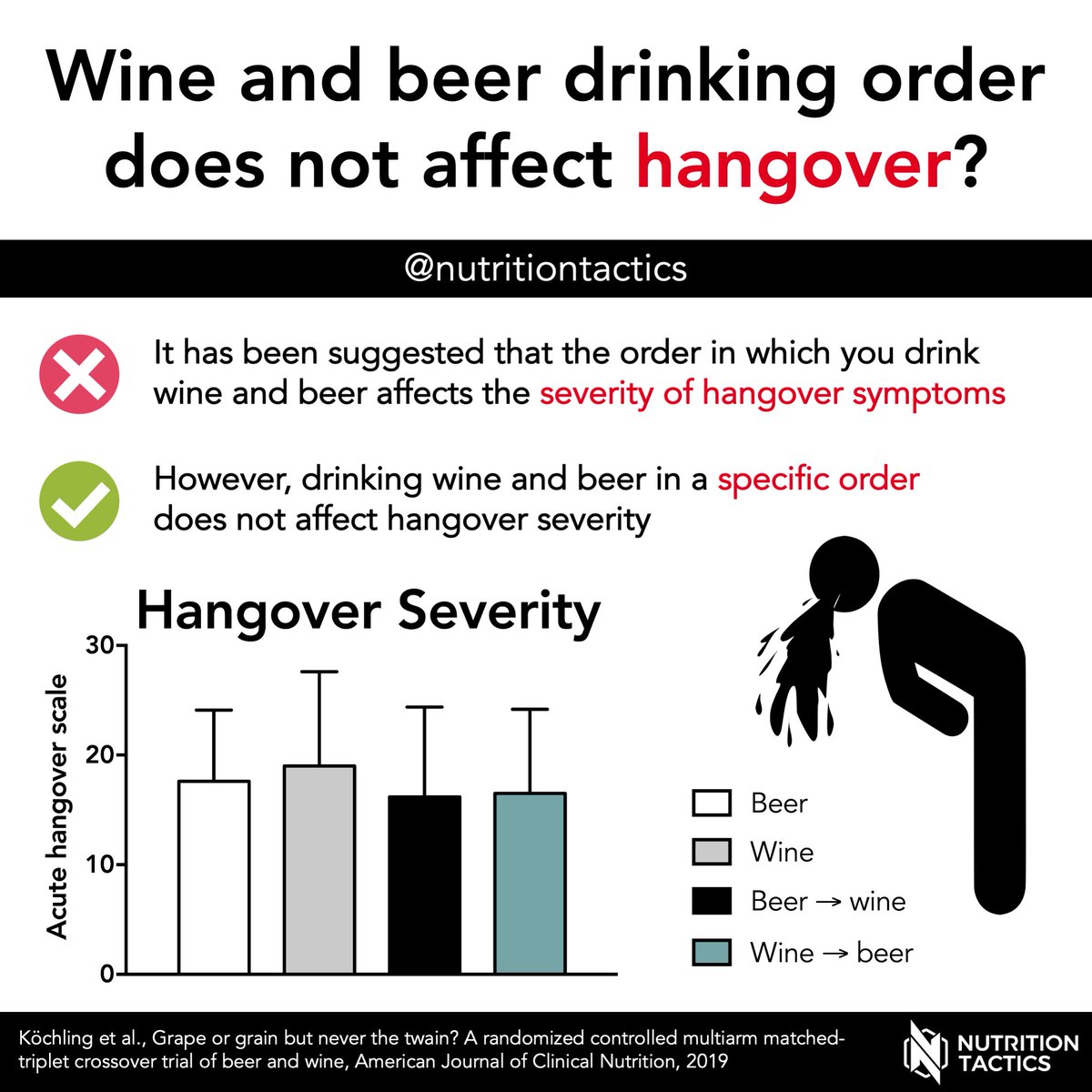
Muscle growth occurs when muscle protein synthesis exceeds muscle protein breakdown. Resistance exercise stimulates both muscle protein synthesis and breakdown. Ingestion of protein further increases muscle protein synthesis and is needed to achieve positive protein net balance. 

In young adults, 20 g of high-quality protein seems optimal to stimulate post-exercise muscle protein synthesis. However, is this also true for older adults?
3/
3/

This study investigated muscle protein synthesis rates following ingestion of different protein dosages in older adults. All participants performed a bout of resistance exercise, followed by the ingestion of 0, 15, 30, or 45 g of milk protein.
4/
4/

The ingestion of 15 g of milk protein did not significantly stimulate muscle protein synthesis in older adults. The ingestion of 30 g resulted in a significant increase, with no further increase following the ingestion of the 45 g dose.
5/
5/
These data suggest that older adults may need ~ 30 g protein dose to optimize post-exercise muscle protein synthesis rates. This is approximately 50% higher than what is recommended for younger adults.
6/
6/
In conclusion, older adults need ~ 30 g of protein to optimize muscle protein synthesis following a bout of resistance exercise.
Study:
ncbi.nlm.nih.gov/pubmed/30722014
7/7
Did you find this useful? Please help promote the first tweet of the thread:
Study:
ncbi.nlm.nih.gov/pubmed/30722014
7/7
Did you find this useful? Please help promote the first tweet of the thread:
https://twitter.com/JornTrommelen/status/1623714501643173893?s=20&t=VKbR6Wdd-EkglcpM-dX5bg
• • •
Missing some Tweet in this thread? You can try to
force a refresh























